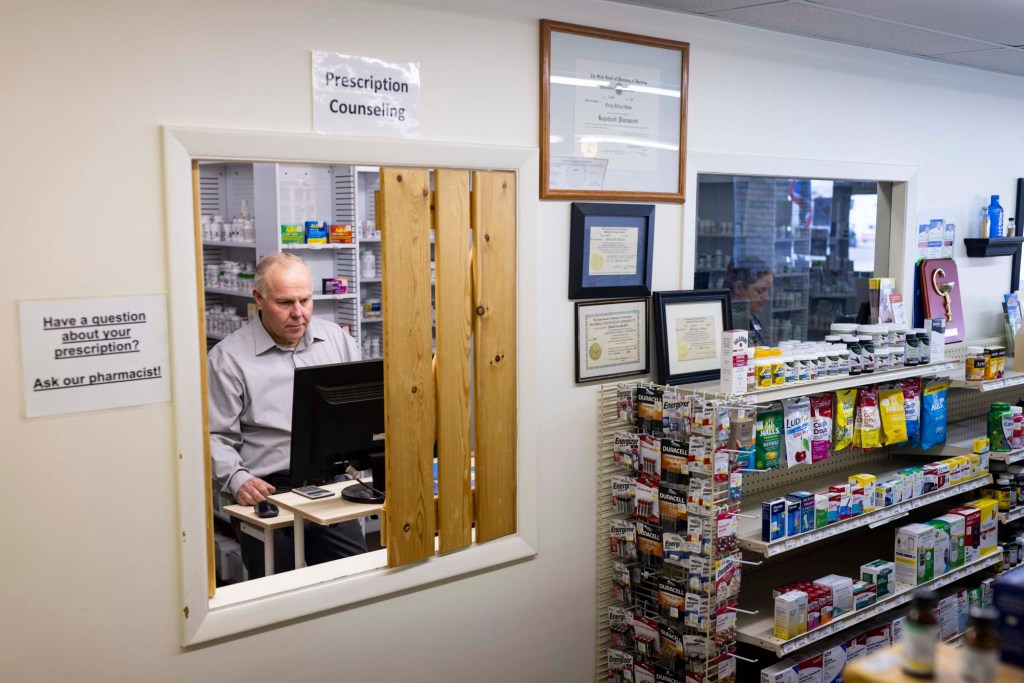Months into a new Biden administration policy intended to lower drug costs for Medicare patients, independent pharmacists say they’re struggling to afford to keep some prescription drugs in stock.
“It would not matter if the governor himself walked in and said, ‘I need to get this prescription filled,’” said Clint Hopkins, a pharmacist and co-owner of Pucci’s Pharmacy in Sacramento, California. “If I’m losing money on it, it’s a no.”
A regulation that took effect in January changes prescription prices for Medicare beneficiaries. For years, prices included pharmacy performance incentives, possible rebates, and other adjustments made after the prescription was filled. Now the adjustments are made first, at the pharmacy counter, reducing the overall cost for patients and the government. But the new system means less money for pharmacies that acquire and stock medications, pharmacists say.
Pharmacies are already struggling with staff shortages, drug shortages, fallout from opioid lawsuits, and rising operating costs. While independent pharmacies are most vulnerable, some big chain pharmacies are also feeling a cash crunch — particularly those whose parent firms don’t own a pharmacy benefit manager, companies that negotiate drug prices between insurers, drug manufacturers, and pharmacies.
A top official at the Centers for Medicare & Medicaid Services said it’s a matter for pharmacies, Medicare insurance plans, and PBMs to resolve.
“We cannot interfere in the negotiations that occur between the plans and pharmacy benefits managers,” Meena Seshamani, director of the Center for Medicare, said at a conference on June 7. “We cannot tell a plan how much to pay a pharmacy or a PBM.”
Nevertheless, CMS has reminded insurers and PBMs in several letters that they are required to provide the drugs and other benefits promised to beneficiaries.
Several independent pharmacists told KFF Health News they’ll soon cut back on the number of medications they…
Read the full article here







